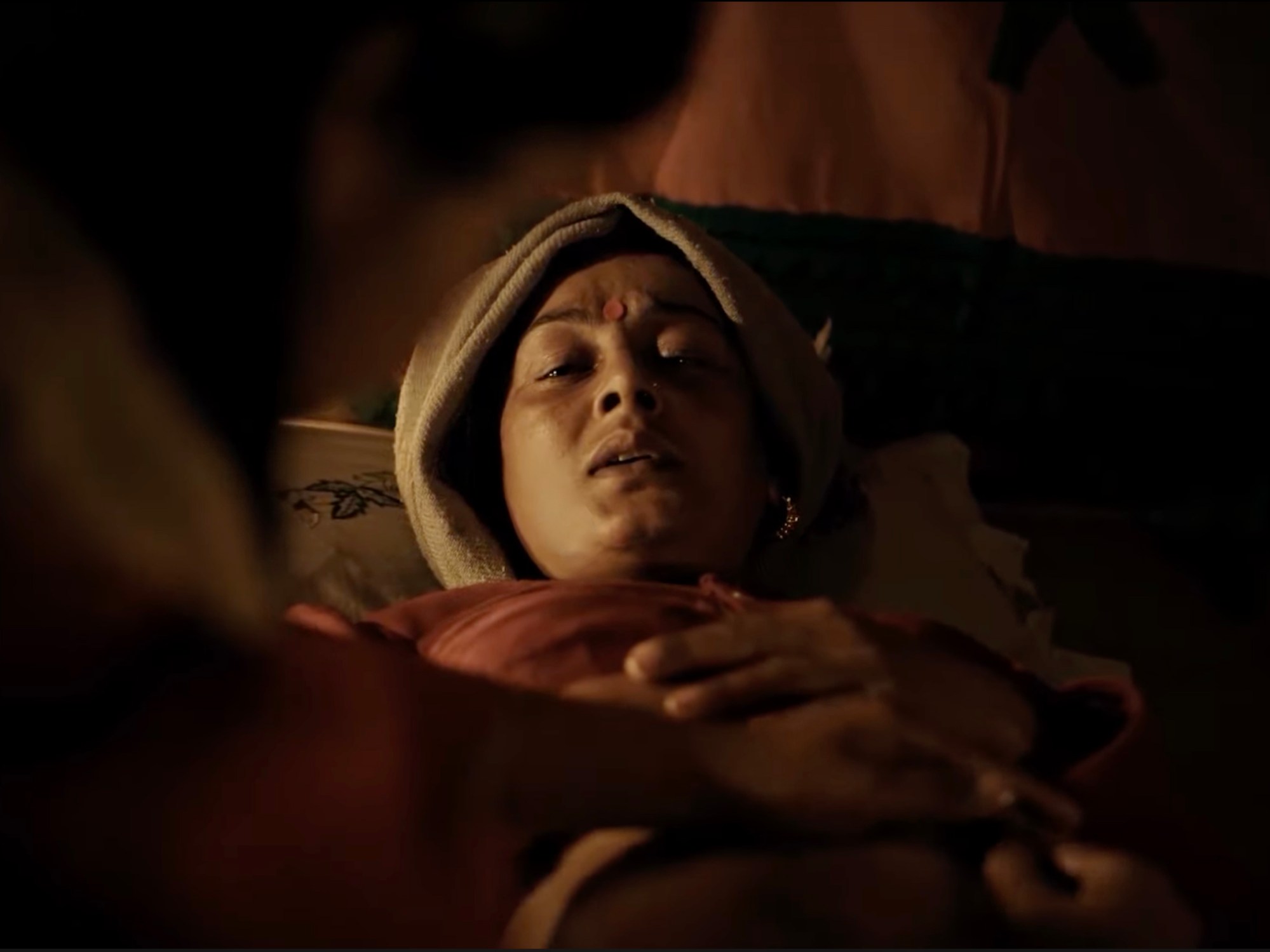
- Golden Globe Awards
Butterfly on a Windowpane (Nepal)
The Nepalese film Butterfly on a Windowpane is the feature debut of screenwriter, producer and director Sujit Bidari, whose previous work, the short film Savitri (2013), has been selected by numerous international film festivals.
Butterfly on a Windowpane is a quiet, almost lyrical film. While the opening credits roll, we hear the song “May we all be happy, may we all have success,” indicating that there is a strong need for happiness and fulfillment among the people we are about to encounter.
Instead, they are bound by ancient rules. When Basanta is ordered by his mother not to look at Bidya and not to talk to her for 10 days, the boy does not understand that his sister has her first menstrual period and that this requires special rituals. For Bidya, becoming a woman also means she has to be married off immediately to any man her family chooses for her.
Bidya feels trapped. She is gifted academically but is not allowed to get a higher education. The family is very poor. Her father is a pathetic drunk, her mother is unable to do more than yell at him.
The only outlet for Bidya’s physical and emotional captivity are the poems she scribbles into her notebook and sends for publication in a local magazine.
After one fruitless outburst of anger and protest towards her father, who is about to take off with the little money they have to get drunk again, she seems to succumb to her fate. About to face marriage to a man she has never seen before, she is not even cheered to learn that one of her poems has not only been published but even made into a song played on the radio: “Oh, how wonderful it would be to color the wings with thousand hues and fly off to places.”
The poem ends with the words “I’ll never forgo my dreams of the outward flight,” while the camera moves slowly through the window. The film takes its time to show us a world in which time stood still.